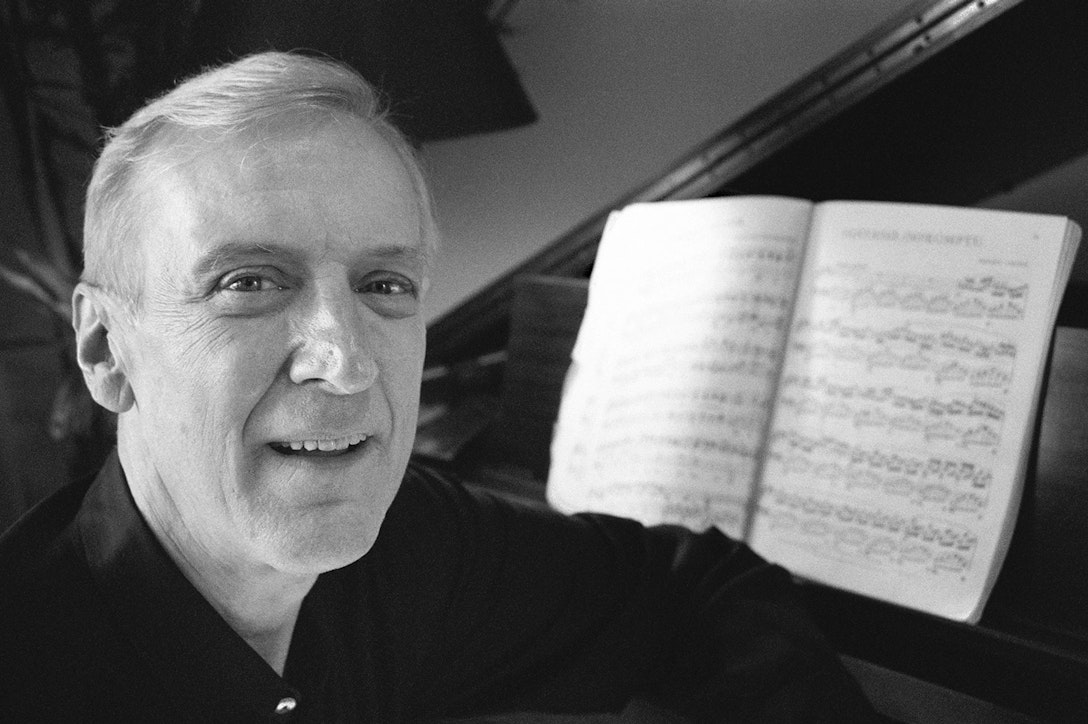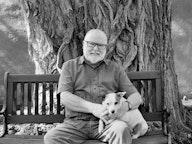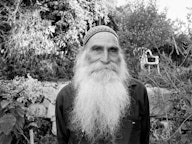
Carroll E. Lahniers
Cincinnati, Ohio, USA
THE BONDAGE OF SELF
Trigger warning: Sexual Assault
You know you’re taught to pray in church—you bow your head, close your eyes, and pray. When I tried to pray, I never got anything from it at all. Like a buzzing in my head, it didn’t go anywhere. In fact, it made me yawn, which didn’t seem like a good sign for me in my connection with spirituality. I did try for a number of years. But then, at about age 15, I had seen enough hypocrisy in my Christian denomination which of course doesn’t by any means rule out hypocrisy in other forms. Hatred for alternative groups and clannishness was at the root of the hypocrisy. Everywhere I looked I saw how religious groups owned the world. And I renounced my religion at that point. I have not gone back into any formal religious mode since.
If I asked for anything from religion, it would have been to make me invisible. Just make me ‘normal.’ I always felt like an outlier. Like I never really felt like I belonged. I managed to get by through sheer force of will.
The spiritual part of my life has been secular. I have a very, very, very strong belief in aesthetics. Beauty in whatever form it may be, whether it’s in the spoken word, in the human body, or whether it’s in the sense of balance. Visual balance in literature, music, art. Any of these things are where I worship. And I can say that without any apology. We are all worshipping something all the time in terms of having a dependency upon it, which is a form of worship. I worship at the shrine of beauty.
I don’t think I’ve ever really been able to believe in God because I think I’ve always had to give myself the strength. I don’t think I’ve gotten the strength from others. God could be the other, or people could be the other. My life has primarily been depending on myself. I know that sounds awfully egotistical, but I think I came to that point of view by hard experiences. I couldn’t really depend upon anyone else when I was growing up. Depending on people? Oh that’s a hard one. I couldn’t really depend upon my mother, although she gave me things to depend upon. I had to figure my way through on my own.
Daniel’s Reflection
Ed Lahniers had the auspicious responsibility of being my therapist for 16 years and he appears to have survived. He fundamentally changed the way I think and through his careful work I learned to love myself and be more focused on others.
Ed grew up in Decatur, Illinois, feeling like an outsider because he is gay. His father died when he was a year old, and his mother was not emotionally healthy enough to really be available to him. He experienced several different forms of Christianity as hypocritical because of the hate he saw exhibited to “out groups.” Instead, Ed developed an almost religious belief in himself and the need to take full responsibility for his life.
At an earlier date in my life, I would have been unable to see the spiritual truth in Ed’s personal philosophy about the self. I’ve asked myself, “How does this idea of believing in the determination of the self and taking ultimate responsibility for all aspects of your life fit with the spiritual journey of not worrying and focusing too much on the self?” What I’ve learned is that it depends on how important I perceive myself to be and how worried I am about myself. I’ve heard it said that all spiritual development can be phrased as moving from perceiving the self as “Someone” to “No One” to “Everyone.” This is what I have learned from Ed Lahniers—that as I take responsibility for myself, I let go of having to focus and worry about myself. And this has been the greatest blessing of my life because it allows me to focus on what I can contribute to life and to others.
I am also very taken with Ed’s statement that he worships at the altar of beauty, of visual balance, and beauty in all the arts; especially the spoken and written word, music, and the human body itself. What is the spiritual lesson I take away from this idea? I found this wonderful quote by Christine Valters Paintner in the October 2009 issue of Patheos: ...The aesthetic impulse seems to be a universal longing. As humans we seem to have an inherent need to express ourselves in gesture, song, story, symbol, colour, image, ritual. We use these to help make sense of the world and to break open its meaning. The beat of the drum, the painting of icons, the soaring arch of a sanctuary space—we rely on the aesthetic in order both to express and to interpret the holy. The arts are evocative rather than descriptive; hence they provide a space within which God’s mystery can be held.
"Spiritual and aesthetic experiences are intimately linked. Both reveal the unutterable, the invisible, the transcendent. Spirituality is about this longing for God, for a connection to the mystery dimension of life, the ultimate that fills our world with meaning. An aesthetic spirituality is one that recognizes this longing as a response to a call already issued, to an invitation always present in the world through beauty’s presence. We are called to awaken to beauty, to see more deeply, to cultivate practices of attentiveness. We are invited to let beauty penetrate the heart, and to respond to it by creating further beauty in our own lives.”
I realize to use this description is to ascribe to beauty a quality that could only come from a greater power or presence in the universe. I can get very comfortable with the idea that the beauty of creation, and of man’s creation in and of itself, are worthy of praise and reflection. And that this can be as transcendent as faith in a Higher Power. To quote Pope Francis on a different topic, “Who am I to judge?” If admiration and honoring of the aesthetic leads someone to a more inspired life, then I am all in. Yes, as a spiritualist, I see this as part of the spiritual journey but I recognize that is just my lens that others may not share.
To quote Ed in a subsequent conversation: “The commitment or worship of aesthetics is to me spiritual in the sense of an unseen force guiding creation: for aren’t works of creation in the largest sense emanating from that deep reservoir called talent? I need go no further in satisfying my awe.”
I am so grateful to Ed Lahniers for transforming his childhood hurts and confusion into a capacity to heal others and, in his words, “help people avoid self-inflicted pain.”
Explore the portraits by theme
- happiness
- grief
- faith
- addiction
- sexuality
- sobriety
- transgender
- alcoholism
- suicide
- homelessness
- death
- aggression
- cancer
- health
- discipline
- abortion
- homosexuality
- recovery
- connection
- enlightenment
- indigenous
- depression
- meditation
- therapy
- anger
- forgiveness
- luminaries
- interfaith
- worship
- salvation
- healing

